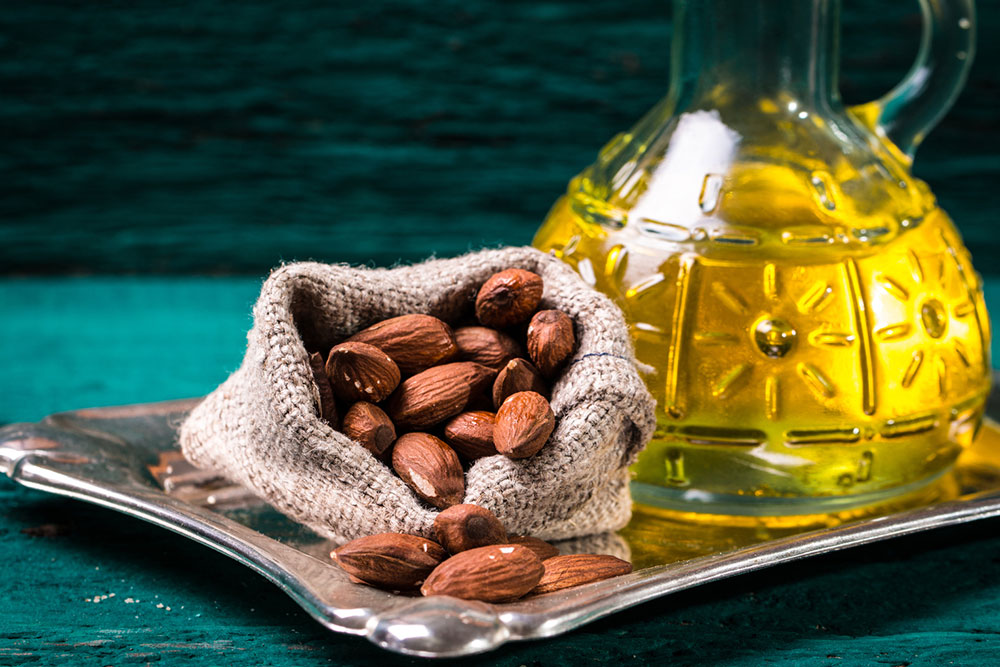
Preventing dementia – What to eat and what to avoid
Dementia refers to a group of symptoms affecting memory, thinking, and social abilities severely enough to interfere with daily functions. Although it involves memory loss, memory loss has different causes. So memory loss alone doesn’t mean that one is suffering from dementia. Alzheimer’s disease is the most common cause of a progressive dementia in older adults, but there are a number of other causes of this disease.
Prevention of dementia
Leading a brain-healthy life might reduce the risk of developing dementia later on, however there are no guarantees. Even though this disease cannot be prevented or cured, one can reduce the risk by developing a healthy lifestyle. Leading a brain healthy lifestyle means looking after the brain, body, and heart. There are a number of ways to keep the brain healthy and reduce the risk of developing this disease later in life.
- Taking care of your heart
- Remaining physically active
- Stimulating the brain by indulging in mentally challenging activities
- Enjoying social activity
- Avoiding injuries
Eating certain foods can reduce the risk of developing dementia too.
Foods one should eat
- Raw leafy greens: Dark greens such as spinach are high in folate and B9, which increases cognition and reduces depression.
- Cruciferous vegetables: Broccoli, cauliflower, and sprouts contain antioxidants and vitamin K, which are very important for brain health and should be consumed daily.
- Pumpkin, squash, asparagus, tomatoes, carrots, and beets: These vegetables contain vitamin A, folate, and iron that help with cognition.
- Blueberries: All the berries have a positive effect on brain health, but blueberries contain flavonoids that activate brain pathways with less cellular aging.
- Beans: A combination of antioxidants, vitamins, and minerals makes beans, lentils, and chickpeas good for brain health.
- Nuts: Unsalted nuts, especially walnuts are high in antioxidants and omega-3 fatty acids, which are beneficial for the brain.
- Fish: To maintain cognitive function, the iodine and iron content in all types of fish are helpful.
- Whole grains: One should consume fiber-rich grains like oats, brown rice, and whole grain wheat.
- Poultry: Red meat or processed meat should be substituted with chicken, as it is a leaner version and devoid of unhealthy fats.
- Olive oil: This oil contains monosaturated fats and vitamin E, and should be used for cooking and salad dressing.
- Wine: A glass of wine every day is good for a healthy brain as it can reduce inflammations and flush out toxins.
Foods to avoid
- Red Meat: One should limit the consumption of red meat to protect brain health. Red meat is high in fat and can cause inflammations.
- Butter and stick margarine: Butter and stick margarine should be limited to one tablespoon per day. These are high in artificial trans fats that cause poor memory, cognitive decline, and they even increase the risk of Alzheimer’s.
- Fried foods and fast foods: These are high in trans fats and have negative impact on brain health, by reducing the brain volume.
- Pastries and sweets: Pastries and sweets are high in sugar and added fats and might increase the risk of Alzheimer’s and affect memory and learning abilities too.
- Cheese: It is high in saturated fats and can lead to inflammation and decline in memory.
So, now you know what foods are beneficial and bad for your brain health. To keep dementia at bay, follow the diet tips above and consult a doctor if needed.


